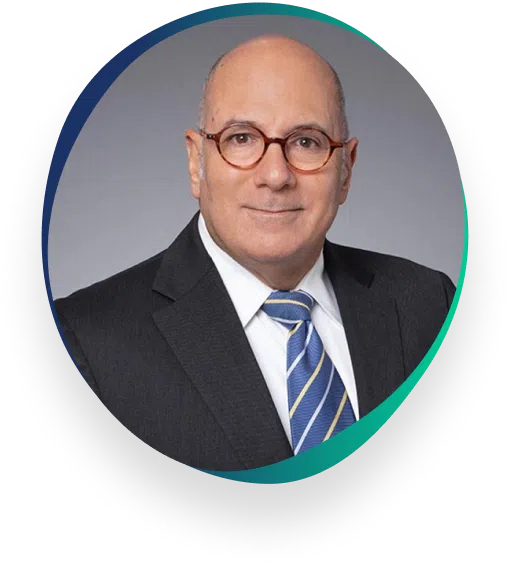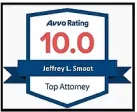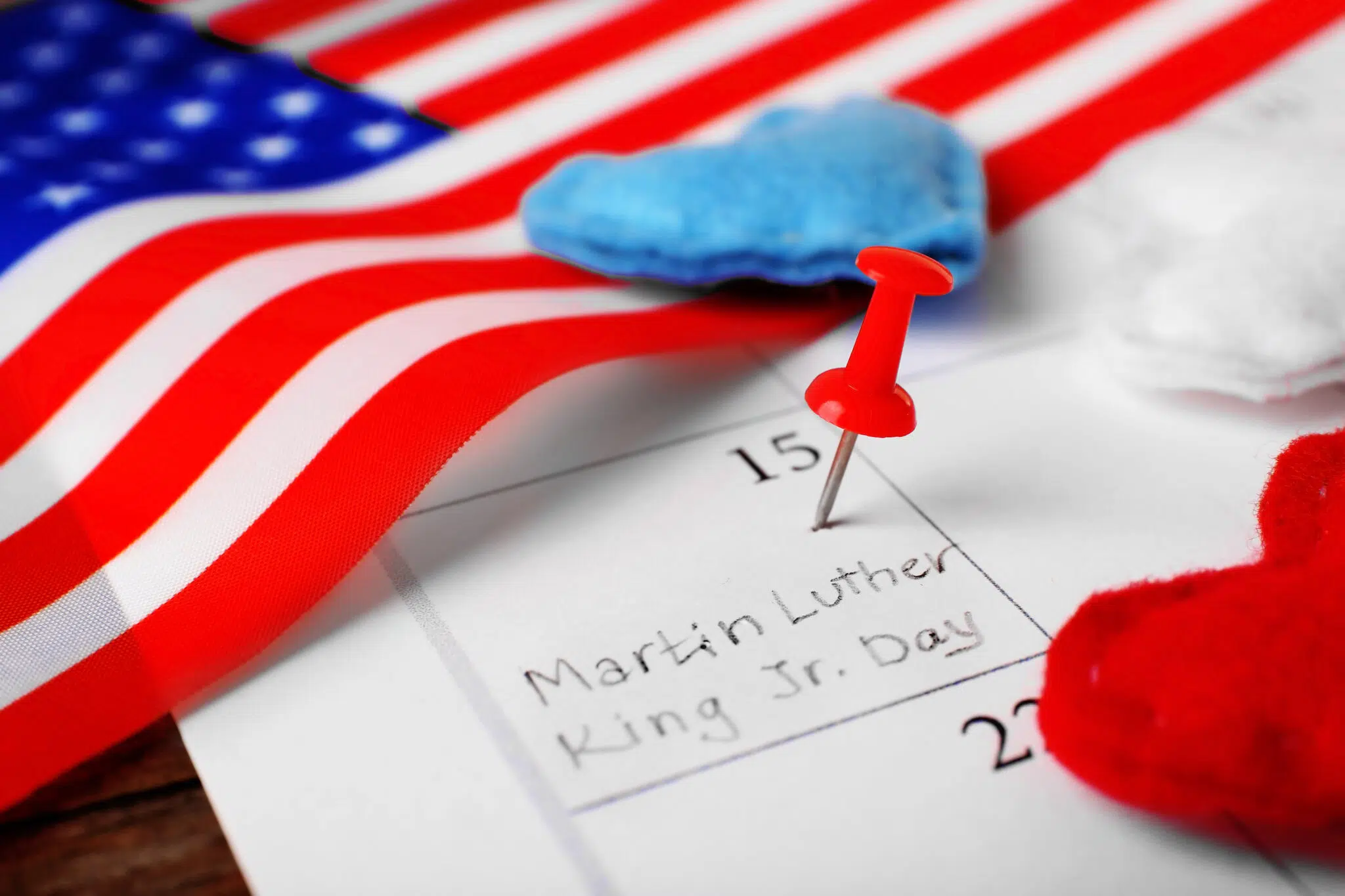
Family Mediation Services
Talk to us today about our remote or in-person mediation services for unrepresented parties, families and attorneys.
What is mediation?
Divorce, separation, and custody cases can be highly contentious. Having the necessary conversations about dividing assets, parenting and custody arrangements, and spousal and child support can be very challenging – emotions can run high, generating conflict that makes it difficult for parties to resolve disputes even when it is in their and their children’s best interests. This is especially true if the parties have very different perspectives on what would be a fair and appropriate outcome.
The Hemmat Law Group offers a range of mediation services to help clients resolve disputes efficiently and effectively.
Why go through an expensive, stressful, risky, and drawn out process to have someone outside your family decide how the future will look for your family? Divorces and separations are often stressful enough as is – mediate instead to create a better outcome for your family, decided by your family.
Mediation is an option that allows parties in family law matters to resolve disputes without litigation. Often mediation is also required by the court prior to trial.
A mediator acts as an impartial relay between parties to make sure that both sides are heard and to help them explore a range of possible resolutions. As a neutral facilitator, a mediator’s role is to view the dispute objectively and without bias, and help the parties communicate their needs and interests more effectively and empower them to achieve a better, more-sustainable outcome.
If you’re seeking mediation services in Seattle, consider the Hemmat Law Group. Our experienced mediators can guide you through the process and help you reach a fair and amicable resolution.
In a nutshell
Mediation involves a neutral third party (the mediator) who assists the parties to resolve a dispute.
Call HLG
We will contact you
Agreement to mediate
Mediator Engagement
Mediation Sessions
1. Call Us! If you are interested in family mediation services, call us at (206) 202-8774. We’ll ask for information about the parties and their situation, and provide information about the mediation process.
2. A Mediator will Follow Up. One of our mediators will contact the parties to confirm that all parties agree to mediation, to find out more about the issues to be mediated, and discuss the process, potential dates, and fee options.
3. Agreement to Mediate. If all parties agree to mediation, our staff will send out an Agreement to Mediate for all parties to sign and return, along with a request for payment of the applicable mediation fee.
4. Mediator Engagement. Once the Agreement to Mediate is signed and returned by all parties and payment is received, the mediation process begins. The Mediator will reach out to the parties and their attorneys separately to find out more about the issues in dispute and to request additional documentation if applicable, to ensure that the Mediator and all parties have the information and documentation they need to move forward.
5. Mediation Session(s). The Mediator convenes a mediation session with all parties and their attorneys, either a joint session where all parties meet together or separate sessions where the Mediator shuttles between the parties facilitating conversations and proposed solutions. Mediation sessions are not convened until the parties have shared all information and documents needed to have a productive mediation, with the goal of achieving better outcomes in their disputes.
If you are looking for an experienced and reliable mediator to help your clients resolve a dispute, contact us today to discuss your needs and goals.
Mediation Services Seattle: What are the different types of mediation available in Washington from HLG?

Mediation in Washington usually involves represented parties (i.e. both sides have their own respective lawyer) and a third person, the mediator, who facilitates negotiation between the parties. Traditional mediation is often completed in one session or day.

We offer an innovative approach based on mediation practices in Hawai’i and abroad that is more collaborative, informative, and less stressful. Rather than finding a resolution in one day or session, this approach takes more time to reach a resolution.
What to expect with the traditional Washington Mediation Model?
Mediation in Washington traditionally involves a single mediation session that can last from several hours to all day. The parties can represent themselves in mediation or be represented by attorneys. Each party will provide the mediator with a letter describing the background facts and legal analysis of their respective positions.
On the day of the mediation, the two parties are called in to work out a deal to settle their disputed issues. There may be a brief joint session at the start of the mediation, after which the parties are put in separate rooms and the mediator practices shuttle diplomacy, going back and forth between the parties, exploring the parties’ positions and interests, relaying information, and conveying settlement offers. (It is not typical to have a joint session for the entire mediation, although that is possible if the parties and mediator agree.)
Ideally, the mediator helps the parties reach an agreement on all of their disputed issues and prepare a written settlement agreement by the end of the mediation session.
If the parties cannot agree, or if an impasse arises that prevents the mediation from continuing, the mediation is terminated, and the parties proceed with litigation and an eventual trial where a judge decides the issues they could not resolve between themselves.
If you’re seeking mediation services in Seattle, consider consulting with a qualified mediator to explore alternative dispute resolution options.


What to expect with our Innovative Mediation Approach?
We offer another option that we have seen achieve better outcomes in family cases than the traditional approach. It is less adversarial and provides more time to consider options and perspectives before reaching an agreement.
The Mediator meets with each party and their attorney separately to gather information to identify issues in dispute, set an agenda before the first mediation session is convened, and to ensure that all necessary information and documentation is provided to make the mediation more productive.
Instead of a single high-pressure mediation session, issues are addressed in a series of shorter mediation sessions over several days or weeks.
The Mediator continues to work with the parties in between sessions as needed to ensure that they are prepared to move forward from session to session and are sharing necessary information, and that all of their disputed issues are addressed. Because the process takes place over time, there is less pressure and the parties are better informed, resulting in less conflict throughout the process.
Ideally, the parties will resolve all of their disputed issues by agreement, but even if they aren’t able to resolve all issues, they can usually resolve several disputed issues which can help narrow the scope of a trial if they proceed with litigation. This process can also help facilitate improved communication and cooperation between co-parents in disputed custody cases.


Meet Our Mediation Services Team
All of our mediators are available for either model of mediation
If you are looking for an
experienced and reliable mediator
to help your clients resolve a dispute,
contact us today to discuss your
needs and goals.

Steve Hemmat is a former U.S. Department of Justice Trial Attorney working in commercial litigation, and a highly experienced Family Law practitioner. He is the founder of the Hemmat Law Group and has been practicing civil and family law for more than 35 years. He has worked extensively as an advocate for both sides on hundreds of cases across Washington State.
Steve has been volunteer mediator with the King County Volunteer Settlement Conference Program in family law cases for many years.
Steve has developed an appreciation for alternative dispute resolution (ADR) over the course of his career, and how it can bring about better results for parties in many different conflict situations. Steve has taught a number of continuing legal education classes to other legal professionals regarding family law, has mediated dozens of family cases over the course of his career, and participated even more as counsel for a party in mediation.
Steve’s decades of experience in family disputes provides him with insight into assisting parties to resolve their disputes through mediation. Steve can comfortably oversee mediations in person, remotely, or by traveling to meet the parties where they are situated.
Steve is available to work with parties with lawyers or those representing themselves, utilizing the various mediation models, conducting mediation either in joint sessions or via shuttle diplomacy.

Yaniv is a professionally trained and certified family mediator, and brings highly valuable skills in psychology to the process. Yaniv has experience with child-development from his time in the Opportunity to Understand Childhood Hurt (OUCH) lab, as well as schizophrenia from his thesis research.
Yaniv also worked in the Behavior, Alcohol, and Cannabis (BAC) lab interviewing subjects about their patterns of substance use and examining relationships between the different variables. He is a professionally trained family mediator, and received his certification from York University’s School of Continuing Studies in Toronto, Ontario.
Yaniv is available to work with individuals represented or not by attorneys, or with or without attorneys.



Jeff Smoot is a Certified Mediator and Washington attorney with over 30 years of legal experience and extensive experience in mediation for a wide variety of family, civil, consumer, and commercial disputes in Washington and Hawai‘i.
As an attorney, Jeff has represented clients in municipal, state, and federal court litigation through trial and appeal in a variety of matters including civil and commercial litigation, bankruptcy, business restructuring, and divorce and custody.
In addition to mediating with HLG, Jeff is associated with Family Mediation Hawai’i as a family mediator in Hawai’i divorce and parenting matters and serves as a volunteer mediator with The Mediation Center of the Pacific and a panel mediator on the Hawai’i Bankruptcy Alternative Dispute Resolution Program. Jeff’s experience as a mediator in Hawai‘i has informed and changed his approach to family mediation in Washington.
In addition to his role as a family mediator, Jeff provides private mediation for state and federal civil and commercial cases including business and partnership disputes, real estate, condominium, collection, elder care, and attorney’s fee disputes.
Jeff strives to help his mediation clients reach efficient, cost-effective solutions to their personal, family, business, and financial issues with as little conflict as possible.
Jeff is available to work with both lawyers representing clients, and clients engaging in mediation services directly.
To book a Complimentary Consultation with the Hemmat Law Group about your Mediation needs, contact us below
Book Complimentary Form

Our team can provide Mediation for Family Law Attorneys.
Our experienced mediators are committed to working with attorneys representing family law clients to understand the specific needs, concerns, and goals of every case to achieve a fair and just outcome. If you are an attorney, contact us to find out more about how we can work together.












